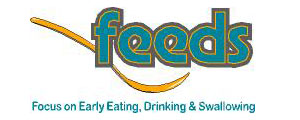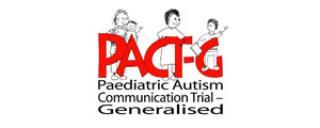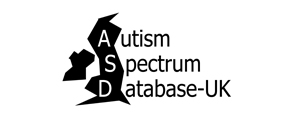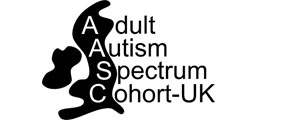Autism Spectrum Disorder (ASD)
At least one percent of people are on the autism spectrum, and have some social communication difficulties, and particular interests and behaviours; some people have considerable specific strengths. Details of the research projects we are undertaking can be found below:
The Team
Our ASD Studies
ASC-UK
This project is about engaging adults on the autism spectrum and their relatives in research. It is a research programme about the life experiences of adults on the autism spectrum and their relatives/carers.
Daslne

Daslne is the Database of Children with Autism Spectrum Disorder Living in the North East. Its aim is to provide accurate information about children with Autism Spectrum Disorder (ASD) living in North East England.
FEEDS Review

The FEEDS review (Focus on Early Eating Drinking and Swallowing review) aims to find out about the services currently offered to families of children with eating. drinking and swallowing difficulties by NHS services. The review aims to gather information in order to plan a future study of one or more potentially worthwhile treatments.
Identifying Targets to Prevent Suicide in Autism: A Psychological Autopsy Study
This project aims to establish the true rate of autism in UK suicides, and understand whether autistic individuals experience unique risk factors for suicide compared to the general population. Results will be used to co-design a suicide prevention strategy in partnership with a steering group of autistic people who have attempted suicide.
Improving the Health of Older Autistic People
The study aims to understand the specific physical health needs of older autistic people, assess to what extent these needs are currently being met, and the services that are currently being provided. The study then aims to develop an intervention that will improve access to the healthcare older autistic people need.
Methods of Diagnosis for ASC in Adults
The study will examine current methods of diagnosing autism spectrum conditions in adults and review the evidence for the measures. In addition, a new diagnostic interview for ASC in adults will be developed and piloted.
PACT-G

The Paediatric Autism Communication Trial - Generalised (PACT-G) aims to test the efficacy of social communication intervention to improve the communication skills and reduce autism symptoms in young children with autism spectrum disorder.
PAT-A

In this study, we will conduct a national autism and anxiety survey, gathering the views of autistic people and professionals. Using this information, we will adapt current NHS anxiety treatments to make them ‘fit for purpose’ for use with autistic adults and test their efficacy in a randomised control trial.
The Transition Programme

Transition is a 5-year Programme of research looking at how health services can contribute most effectively to the successful transition of young people with complex health needs from childhood to adulthood.
Uncertain Futures

Uncertain Futures is a one year study which will explore concerns relating to uncertainty about the futures for adults with a diagnosis of autism spectrum disorder (ASD) and their families. The study is funded by Research Autism.
Recently Completed Studies
CUES
This project focused on the development of an intervention package to address anxiety relating to uncertainty experienced by autistic children. A parent mediated group intervention was developed (Coping with Uncertainty in Everyday Situations CUES©)during the study.
MeASURe
MeASURe stands for Measurement in Autism Spectrum disorder Under Review. This systematic review explored the measurement properties of tools used in assessing progress and outcomes of children on the autism spectrum up to age 6 years.
Measuring Anxiety in ASD

This project focused on the devlopment of an assessment tool to measure anxiety in autistic children. A self and parent report questionnaire, the Anxiety Scale for Children - ASD (ASC-ASD©), was developed during the study.
WHOQOL-BREF
The project explored whether the WHOQOL-BREF is fit for purpose in measuring quality of life of autistic adults. Through extensive consultation with the autism community, some new autism-specific items were developed to make the measure more appropriate.



















